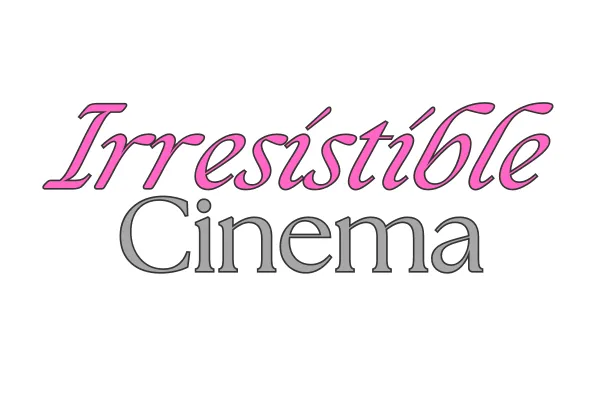
Betty Tells Her Story
Year: 1972
Director: Liane Brandon
Betty Tells Her Story is the seemingly simple documentary short about a woman named Betty telling a story of how she once lost a dress. You may be wondering what such a “simple,” “boring,” or even “pointless” piece is doing on the National Film Registry. Because it is a groundbreaking piece of feminist independent filmmaking, that’s why. Let me just tell you that as soon as I read the film’s description (“A woman discusses her feelings about a dress.”) I instantly began to tear up. Because I know that a dress is never just a dress, and a woman talking about her clothes is never really talking about her clothes. Betty is without doubt one of the most powerful portrayals of body image, our perception of beauty, and how much importance we place on looks and things that I have ever seen.
Betty tells her story twice. First she tells it to us the way I imagine she tells everyone; as an amusing anecdote about a very special, very expensive green dress that made her feel beautiful but that she lost and was never able to recover. Going over the story the first time she tries to make it seem like losing the dress was not that big a deal. She’s moved on and it was just something that happened in her life that was a little sad, a little funny, but is left in the past.
The second time she tells her story (shot later the same day) Betty’s true feelings come out. The gut wrenching tragedy of losing that spectacular green dress that was picked out for her at a fancy store by a nice salesperson, that she spent “two or three weeks pay” on, that her friends all marveled at the sight of her, that was then lost in a winter storm and stolen from its box made me ache with empathy. Because I know what it’s like as a fat woman (or anyone who has ever felt that they don’t fit traditional beauty standards) to feel undeserving of beauty, to walk into a store and have nothing available in my size, to desperately want that magical thing, the perfect item of clothing that will make me forget any “shortcomings” society has made me feel. When Betty described her perfectly sumptuous experience of having the sales associate bring out her green dress to try on, the only one of its kind in the store, let alone one of the only ones in her size, and have it make her feel like a princess, I could feel myself in Betty’s words. I knew exactly how she felt during that shopping experience. But then to lose that dress, to lose “the first moment [she] felt beautiful” is so heartbreaking I almost couldn’t contain myself.
The world we live in has made it so that a woman’s worth is directly correlated to how she looks. And if she does not fit a certain standard (whose standard, I do not know) then she is made to feel less-than, worthless, the very worst thing of all: not beautiful. As Betty tells her story she mentions various characters such as her former student who determinedly helps her search for the dress, the Italian host family Betty lived with who appear to think of her as a daughter and marveled at the glorious sight of her in the dress, her friend’s mother who called all over the country and spent tons of money in long distance calls looking for a copy of the dress. All these wonderful people in Betty’s life are a mark of just a few of the things she’s accomplished and all the lives she’s touched, how much she is loved. She is clearly so much more than the way she looks in a dress. Yet by losing the dress, Betty feels like she has lost herself, her one moment of “specialness.” Because looking beautiful in that dress was a highlight in Betty’s life that really made her feel worthy. And for that we have society to blame. A society full of made up beauty standards, that minimizes accomplishments, love, friendship, and true beauty.
I don’t know what became of Betty, but words can not express how happy I am that her story has been added to the National Film Registry. Not only does it validate the work of a female filmmaker (director Liane Brandon), a female subject, but also the power of simple storytelling. A remarkably effective fragment of self image and women’s complicated relationship with fashion. But most importantly of all it has given Betty the chance to get a bit of the attention she lost when she lost the dress. Because she is worthy of that attention.
Betty, I know losing that dress was one of the biggest heartbreaks of your life. I know that having a little film about you added to the National Film Registry does not make you feel as beautiful as wearing that green dress to the Governors Ball would have. I know I can not change the past or bring back your dress. But all I can tell you is that your story is important, you are important, having your story preserved on this list for all time is important. And the most important thing I can tell you is that you never needed that dress to be beautiful. Because you ARE beautiful.
